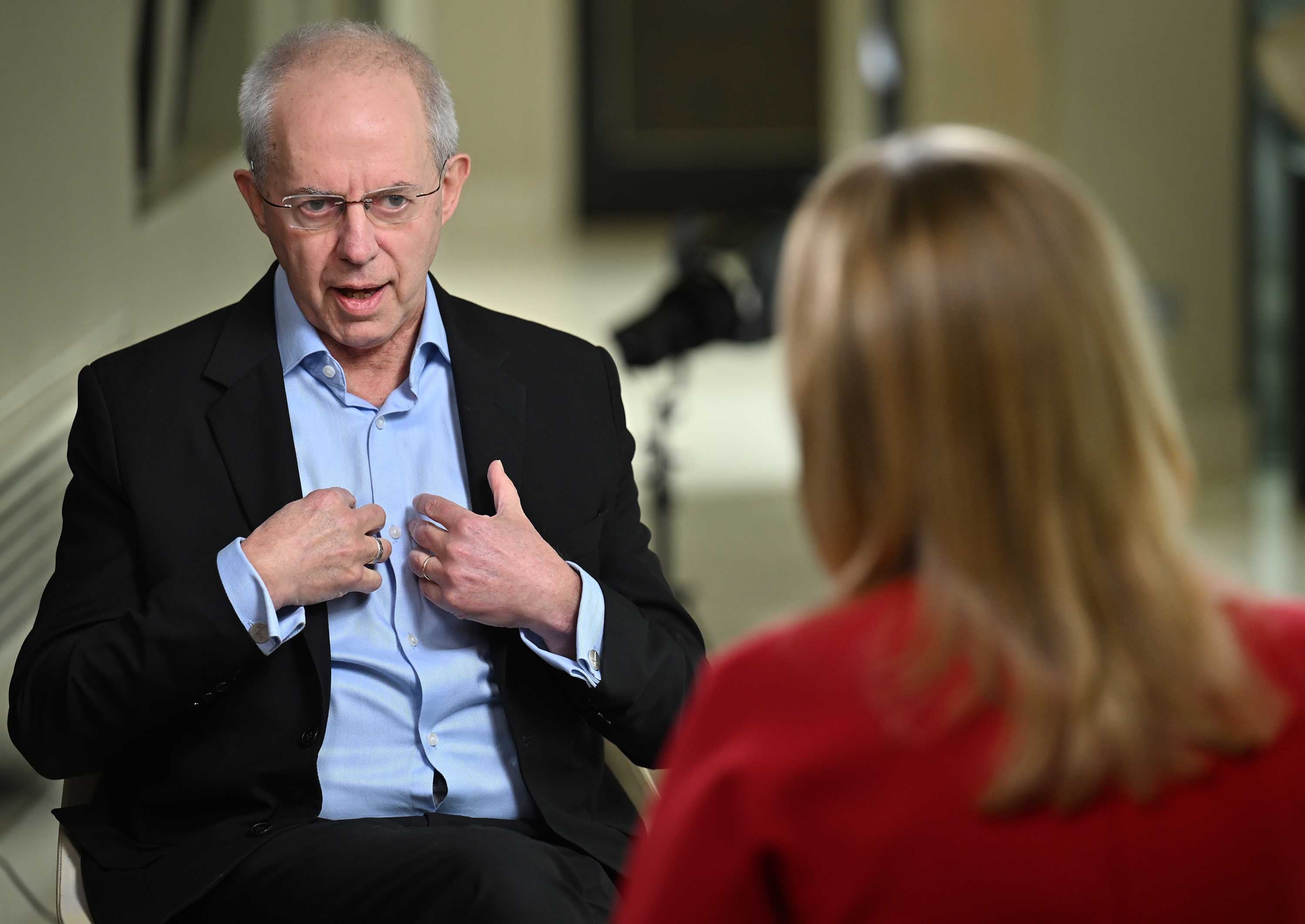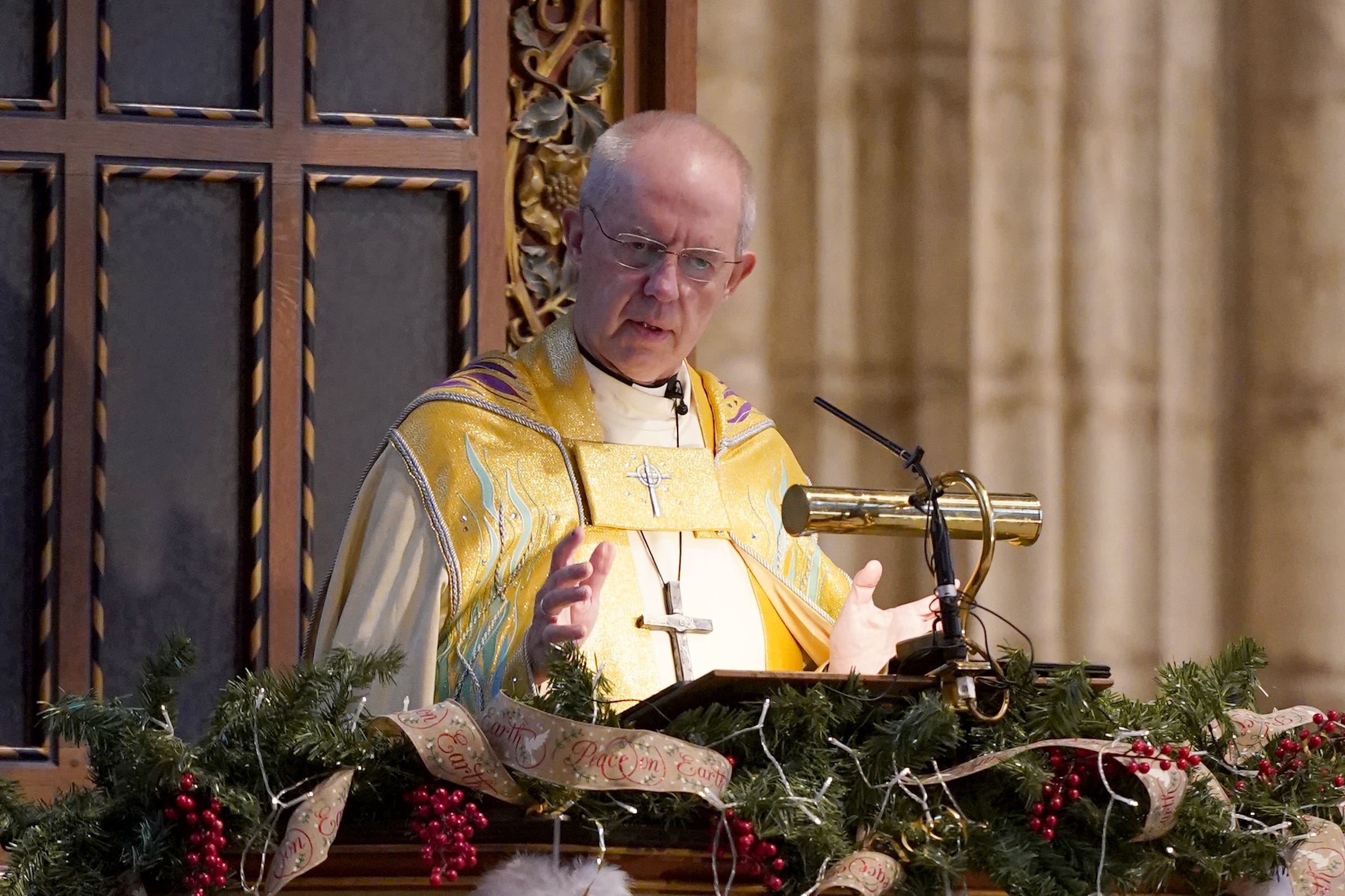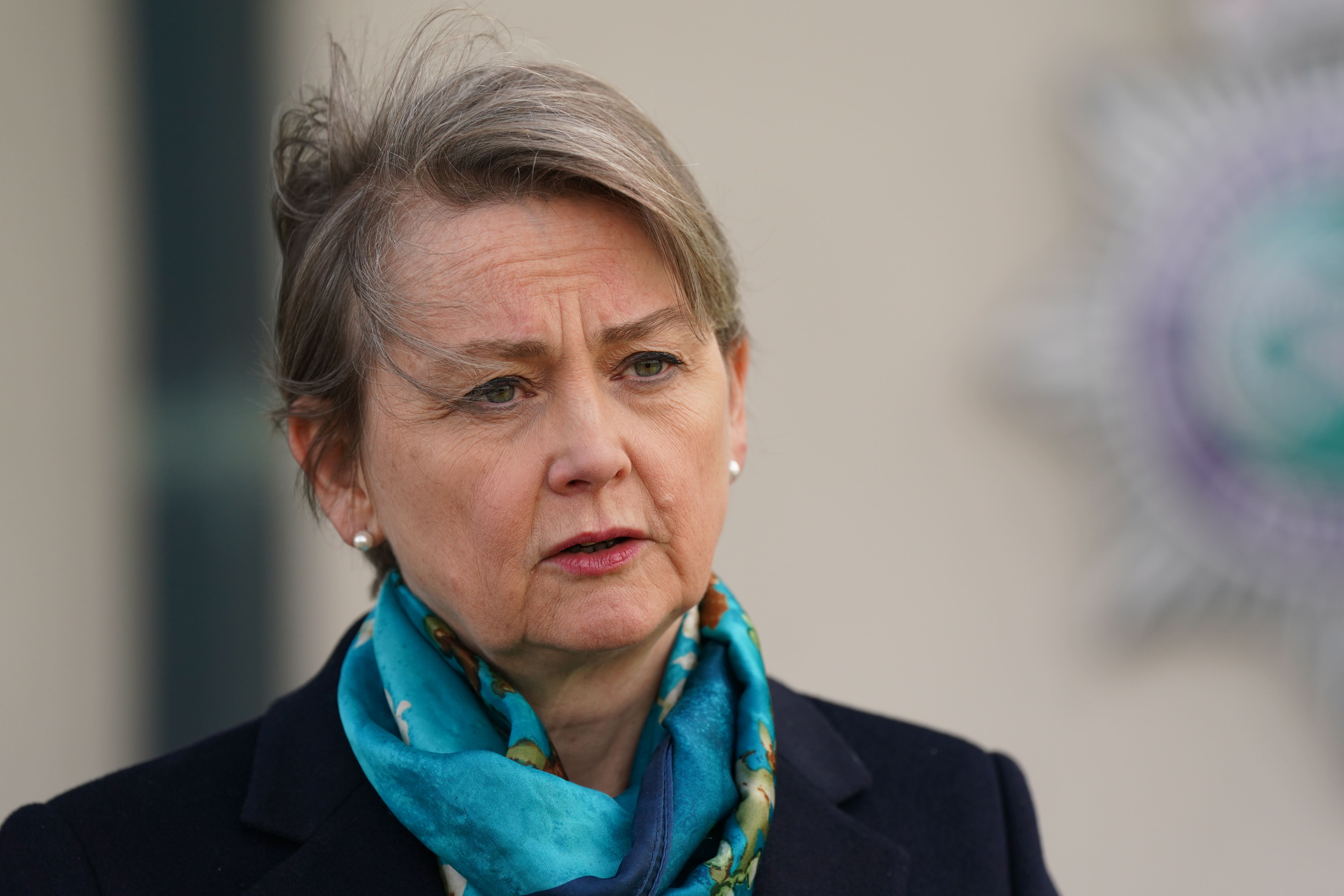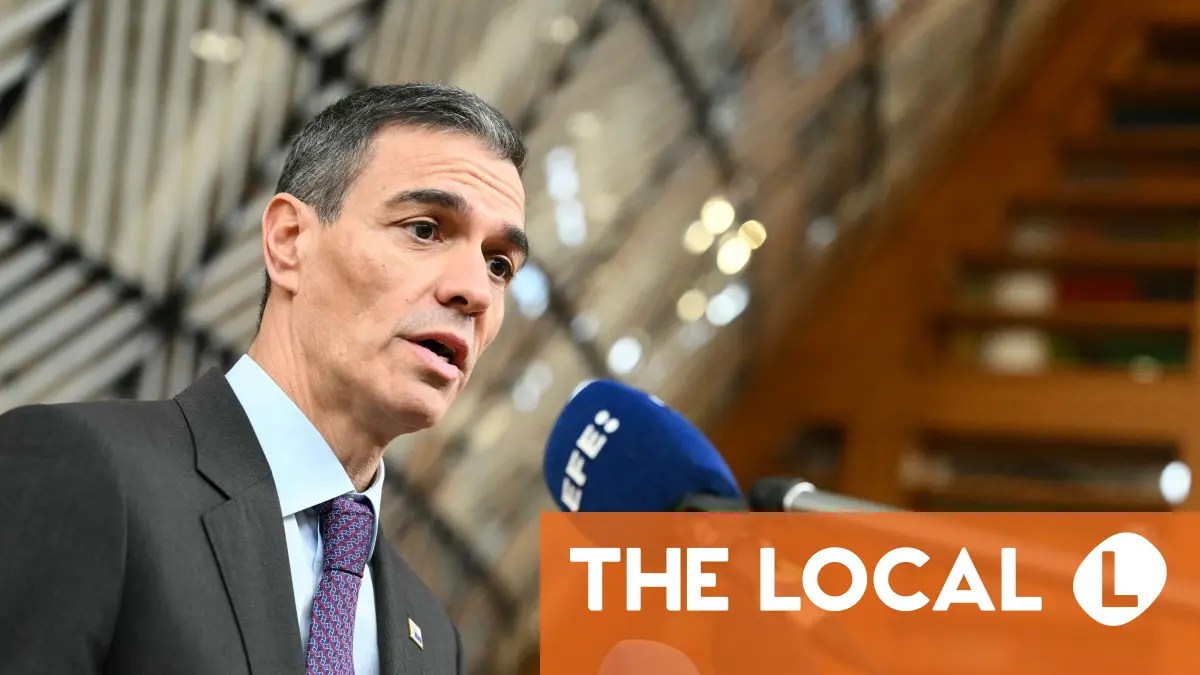Shorouk Express

Get the free Morning Headlines email for news from our reporters across the world
Sign up to our free Morning Headlines email
Sign up to our free Morning Headlines email
Justin Welby has been condemned by survivors and campaigners for saying he would forgive serial Church of England abuser John Smyth if he were still alive.
The former archbishop of Canterbury also repeated an apology to victims on Sunday and told of the “deep sense of personal failure” he feels about his handling of allegations made against Smyth – thought to be the most prolific abuser associated with the Church.
Mr Welby, who resigned in November and stepped down officially in January, said he had “not really thought it through enough” when he initially declined to quit over the Makin report into the scandal last year, before resigning five days later.
It found Smyth, a Christian camp leader and barrister who is said to have subjected as many as 130 boys and young men to traumatic abuse across five decades in the UK and Africa, might have been brought to justice had Mr Welby formally reported allegations to police in 2013.
In his first interview since his resignation, Mr Welby was asked if he could forgive the now dead clergyman, telling the BBC’s Sunday With Laura Kuenssberg programme: “Yes, I think if he was alive and I saw him.”

open image in gallery
“But it’s not, it’s not me he has abused. He’s abused the victims and survivors. So whether I forgive or not is to a large extent, irrelevant,” he said.
His comments have sparked anger among survivors and senior figures in the Church who said Mr Welby’s words would “bring trauma to victims”.
The Bishop of Newcastle Dr Helen-Ann Hartley, whose public criticism of the former Archbishop forced Mr Welby to resign over his handling of Smyth’s case, told The Independent: “I cannot fathom what purpose the former archbishop of Canterbury thinks this interview serves. Yet again his words will bring trauma to victims and survivors of Church abuse.”
“This interview does nothing to restore confidence and trust in the institution Welby once served and led and which continues to be deeply challenged by its failures in safeguarding and its inability to move swiftly to independence, transparency and accountability,” she added.
A spokesperson for the Church of England said Mr Welby’s interview “will be a reminder to Smyth survivors of their awful abuse and its lifelong effects” and added that it was deeply sorry for the abuse they suffered. They said that “there is never a place for covering up abuse” and the Church “must learn from this”.
Asked if he wanted forgiveness from Smyth’s victims, Mr Welby said: “Obviously, but it’s not about me. When we talk about safeguarding, the centre of it is the victims and survivors. I have never, ever said to a survivor, ‘you must forgive’, because that is their sovereign, absolute individual choice. Everyone wants to be forgiven, but to demand forgiveness is to abuse again.”
Repeating an apology to abuse victims, he said: “Just for the avoidance of doubt, I am utterly sorry and feel a deep sense of personal failure both for the victims of Smyth not being picked up sufficiently after 2017 when we knew the extent of it, and for my own personal failures.”

open image in gallery
A victim of Smyth, known only as Graham, told the BBC that “what the Church has put me through [since coming forward with abuse allegations] makes the historic abuse pale into insignificance”. He described trying to get answers and support as “the most extraordinary, traumatic journey”.
Mr Welby admitted he had not been “sufficiently pushy in a way that I would have been a few years later”, insisting the first he heard of Smyth’s offences was in August of 2013. He said he had been overwhelmed by the sheer scale of the abuse problem, saying while this was not an excuse, it was a reason he had not prioritised the Smyth case and admitted: “The reality is I got it wrong.”
Graham said Mr Welby was “scrabbling around for explanation” and that the Church remains overwhelmed by abuse cases and is no better at dealing with abuse.
Asked if would ever forgive Mr Welby, Graham said: “Not if he continues to blank us and refuses to tell us the truth.”
Mr Welby acknowledged he “should have pushed harder” on investigating abuse allegations and said he still felt responsible for how they were handled.

open image in gallery
He told the broadcaster: “I know that I let God down, I let people down.”
David Greenwood, an executive member of the survivors group Minister and Clergy Sexual Abuse Survivors (MACSAS), told The Independent: “Having helped hundreds of Church survivors over the years, we believe most would say it is not Justin Welby’s place to forgive John Smyth. Mr Welby was not a victim. Moreover, he is in no position to advise survivors to forgive Smyth, having failed in his safeguarding role.
“Furthermore, forgiveness had been one of the factors which has allowed perpetrators of sexual abuse in the Church to evade justice over the last few decades. We have seen time and again dangerous perpetrators being found out and eventually forgiven and brought back into the Church.”
Chair of MACSAS Phil Johnson said Mr Welby’s comments “will doubtlessly offend many of his victims and Church survivors more widely”, adding: “It showed poor understanding of the dynamics of abuse within the Church where the expectation for victims to forgive has often been used against them.”
Yvette Cooper said she found “it very difficult to forgive terrible criminals” when asked later on the programme about Mr Welby’s suggestion he would forgive Smyth.

open image in gallery
The home secretary said the government would introduce a law which will make failure to report child abuse or attempts to block reporting of the crime a criminal offence.
When asked how many people in the Church had known about the abuse, Mr Welby said a dozen people within the Church of England were going through a disciplinary process related to Smyth.
Following Mr Welby’s interview, lead safeguarding bishop for the Church of England, Joanne Grenfell, said in a statement: “Every member of the Church is responsible for a culture in which victims are heard, responded to well, and put first: there is never a place for covering up abuse.
“We must learn from this and build future foundations to ensure that the Church is as safe as it can be for all who come to worship or to engage with our many services and community projects.”
She added the General Synod voted in February to strengthen its guidance and safeguarding policies on responding to allegations, which will make the reporting process clearer for all who come forward.
If you are a child and you need help because something has happened to you, you can call Childline free of charge on 0800 1111. You can also call the NSPCC if you are an adult and you are worried about a child, on 0808 800 5000. The National Association for People Abused in Childhood (Napac) offers support for adults on 0808 801 0331















